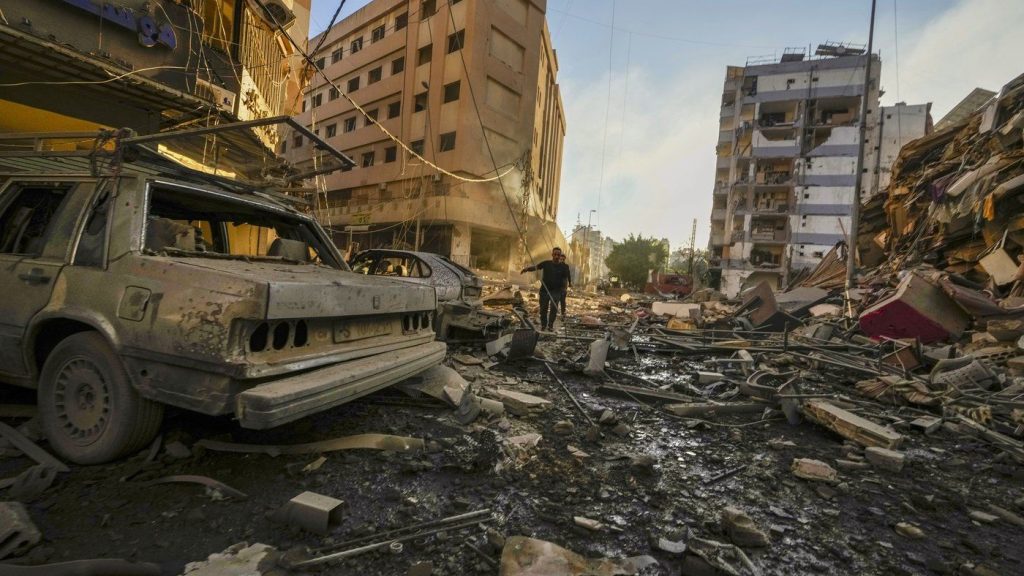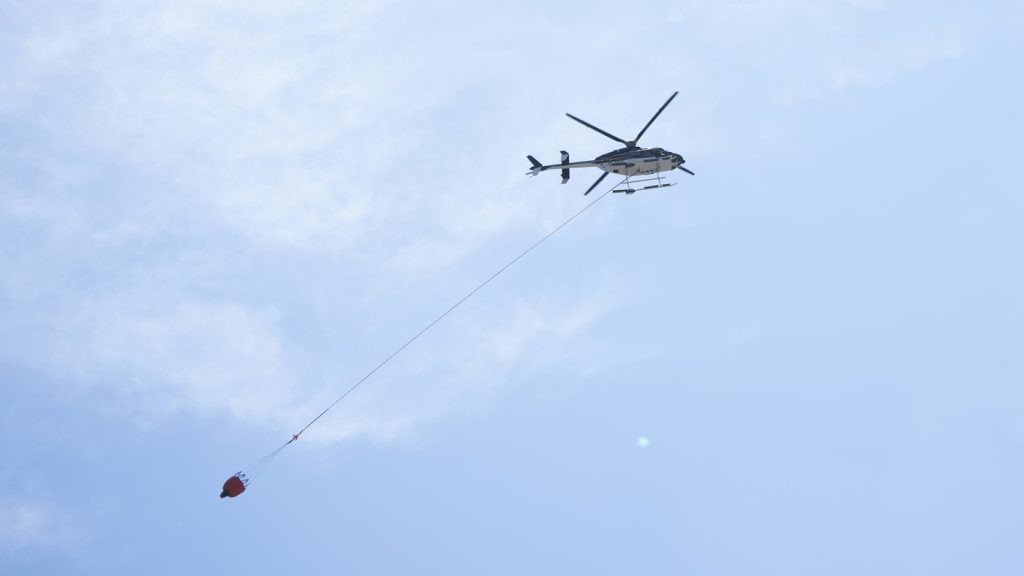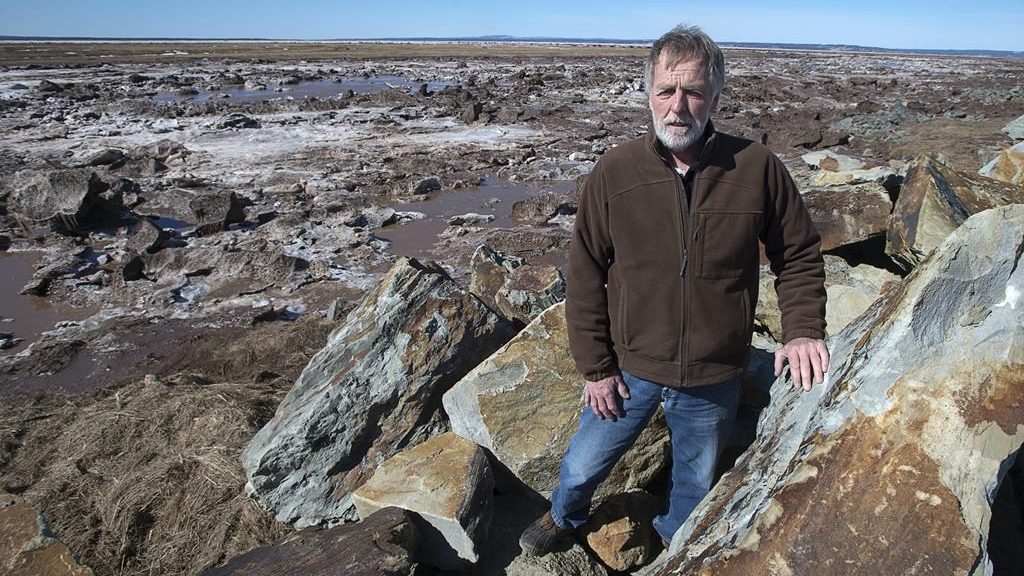Canadian family stuck in Lebanon anxiously awaits flight options amid Israeli strikes

Posted Oct 4, 2024 01:40:30 PM.
Last Updated Oct 4, 2024 05:34:40 PM.
Jalal Tabaja and more than a dozen of his extended family members, most of them Canadians, felt safe in Lebanon until recently.
Though Israeli forces had been exchanging fire with Hezbollah militants across the Israel-Lebanon border for nearly a year, their southern villages and south-end Beirut neighbourhoods were relatively calm.
Now, those areas are the target of heavy airstrikes. The region is seeing a marked escalation in hostilities as the anniversary of Hamas’s brutal Oct. 7 attack on Israel draws closer and war in the Gaza Strip persists.
It took a tragedy to bring home just how real the danger was. An Israeli airstrike killed Tabaja’s parents, both Canadians, last week.
They are among more than 1,600 people who died in recent weeks, the United Nations International Organization for Migration reported Thursday. Some 6,000 more are injured.
When he went looking for his parents, Tabaja said the carnage he saw, walking past victims’ bodies in the wreckage, was “the most horrifying thing in my life.”
“What is happening to the Lebanese civilians is unacceptable,” Tabaja said in a phone interview, speaking from the Lebanese capital. “It is totally inhumane.”
The rest of Tabaja’s family decided to flee.
His brother and niece were able to book a commercial flight out of Beirut. But Tabaja, his sister and their families are seeking Ottawa’s help to leave.
An official told them they could expect seats on a flight leaving Sunday, he said, but there’s been no confirmation yet. In the meantime, they are riding out the wait at a hotel north of Beirut, where things are a little quieter — even though he said explosions can be heard across the city.
Even there, the situation is “actually pretty bad, to be honest,” said Tabaja. The closer you are to Beirut, “the more dangerous it is,” he said.
Global Affairs Canada has been urging Canadians to leave for months, well before the current crisis.
The department said this week it continues to help Canadians, permanent residents and their immediate family members to flee as the conflict between Israel and the Lebanon-based militant group Hezbollah intensifies.
Nearly 25,000 Canadians are currently believed to be in Lebanon, about 5,000 of them have requested assistance and officials have reached out to more than 2,300 people to offer flight options arranged by the federal government, it said.
“As commercial options continue to be affected by the security situation, Canadians in Lebanon must leave now and take the first seat offered,” Global Affairs Canada said in a statement released Thursday.
“The situation might worsen at any time and make it very difficult to leave by commercial means. Airspace closures and flight cancellations or diversions are likely.”
Countries including Germany, Japan, France and the United States were evacuating their citizens on chartered flights.
Two flights open to Canadians departed on Thursday with 275 passengers, less than half of the planes’ capacity, the department said. Those evacuated included people from “likeminded countries such as Australia, New Zealand, Denmark and the U.S.,” Global Affairs said.
It added that other flights earlier this week brought more than 300 Canadians to safety, and that nearly 900 seats would be available on flights departing between Friday and Sunday.
Another update from the department was expected on Friday afternoon.
Israel’s military said it has killed 250 Hezbollah militants in Lebanon since the start of a ground incursion into Lebanon late Monday. Israel said most of the nine Israeli soldiers who have been killed died in close quarters fighting with Hezbollah militants.
The Lebanese government has said up to a million people have fled their homes in the country, and more than 185,000 went into neighbouring Syria. An Israeli airstrike cut off a main highway linking the two countries on Friday.
Tabaja, who lived in Ottawa for nearly a decade and holds an engineering degree from the city’s Carleton University, said he’s thankful to the Canadian government for its response.
He noted the Canadian foreign ministry has been in direct communication with the family since the death of his parents.
“They have been trying to help,” he said. “I am pretty sure they are doing their best.”
But he said he wishes the government could have been better prepared for an evacuation, and tried harder to ensure that Canadians in the country took their warnings seriously.
“I think they should have done a better job or at least tried to reach out to people in different ways,” he said.
Tabaja said he and his family are planning to stay in Qatar or Bahrain once they manage to leave Lebanon, so as to stay closer to their homes and jobs. There’s still hope that the violence will subside and they can return, he said.








